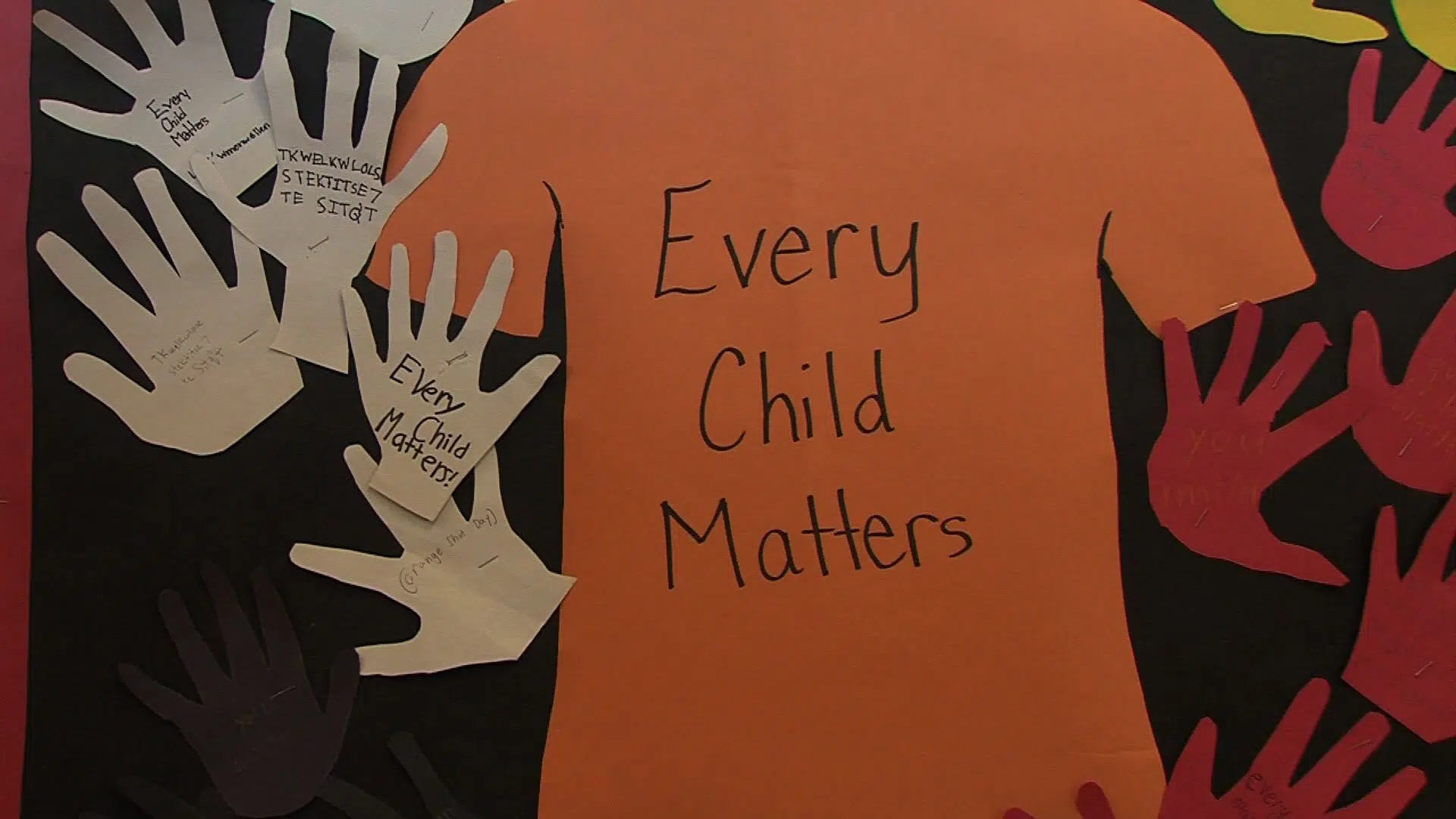
Orange Shirt Day acknowledges Canada’s shameful past
KAMLOOPS — The treatment of Canada’s indigenous peoples is a stain on the history of this country, which lasted over a century and a half. At the center of the systemic racism, were the Indian Residential Schools. Over 150,000 indigenous children were taken from their families, stripped of their language, culture, and identity, and often abused by the those running these institutions. September 30th is Orange Shirt Day. It began in 2013, as a response to the horrific treatment of indigenous children in the residential school program. The day is a chance for students to acknowledge the legacy of abuse indigenous people suffered, as well as a step towards healing those wounds.
WATCH: Full report by Adam Donnelly
“I think for the healing to happen, deep down to the base of the problem, they need to understand,” June Shackley suggested.


